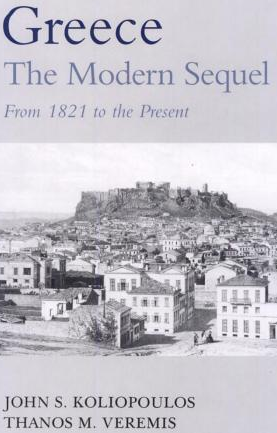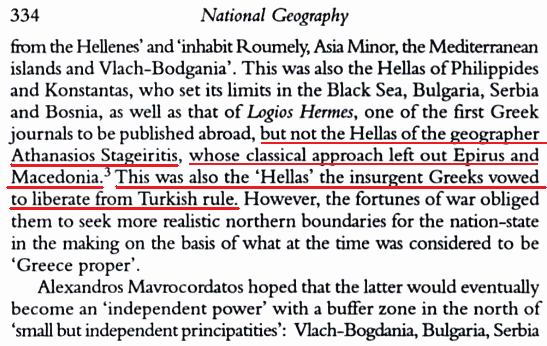So I was reading this and said wow that's pretty neat. And when I did a search on Athanasios Stageiritis' name I found this website -
and this is what his name is under - Greek-Macedonian Scholars (15th-19th century)
Really??? Well let's see what he considered Macedonia to be then;



Another myth busted
Code:
http://74.125.113.132/search?q=cache:5aWcLVnx4BkJ:www.macedonian-heritage.gr/HellenicMacedonia/en/B3.4.1.6.html+athanasios+stageiritis&cd=3&hl=en&ct=clnk&gl=us
Really??? Well let's see what he considered Macedonia to be then;



Another myth busted


Comment